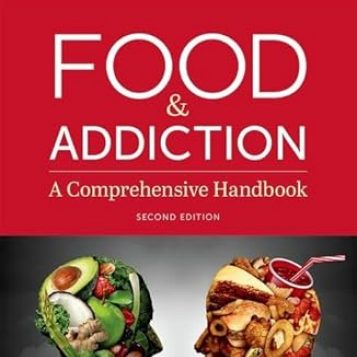Clinical Science Area Chair; Professor of Psychology
About
Additional Research Interests: Obesity, Eating Disorders
Ashley Gearhardt, Ph.D., is a Professor of Psychology in the Clinical Science area at the University of Michigan. She also earned her B.A. in psychology from The University of Michigan as an undergraduate. While working on her doctorate in clinical psychology at Yale University, Dr. Gearhardt became interested in the possibility that certain foods may be capable of triggering an addictive process. To explore this further, she developed the Yale Food Addiction Scale (YFAS) to operationalize addictive eating behaviors, which has been linked with more frequent binge eating episodes, an increased prevalence of obesity and patterns of neural activation implicated in other addictive behaviors. It has been cited over 800 times and translated into over ten foreign languages. Her areas of research also include investigating how food advertising activates reward systems to drive eating behavior and the development of food preferences and eating patterns in infants. She has published over 100 academic publications and her research has been featured on media outlets, such as ABC News, Good Morning America, the Today Show, the Wall Street Journal, and NPR.
Representative Publications
Gearhardt, A.N., & Schulte, E.M. (in press). Is Food Addictive? A Review of the Science. Annual Review of Nutrition.
Cummings, J. R., Hoover, L. V., Turner, M. I., Glozier, K., Zhao, J., & Gearhardt, A N. (2021). Extending Expectancy Theory to Food Intake: Effect of a Simulated Fast-Food Restaurant on Highly and Minimally Processed Food Expectancies. Clinical Psychological Science, 21677026211004582
Cummings, J.R., & Gearhardt, A.N. (2020). Prospective associations between parental substance use and youth highly processed food intake in the Fragile Families and Child Wellbeing Study. Drug and Alcohol Dependence, Volume 211, 1 June 2020, 107965.
Gearhardt, A. N., Yokum, S., Harris, J. L., Epstein, L. H., & Lumeng, J. C. (2020). Neural response to fast food commercials in adolescents predicts intake. The American journal of clinical nutrition, 111(3), 493-502.
Area


